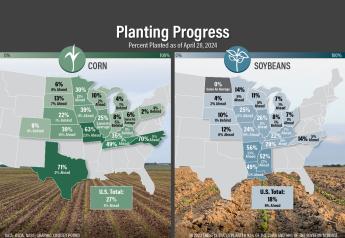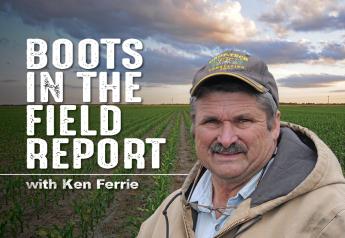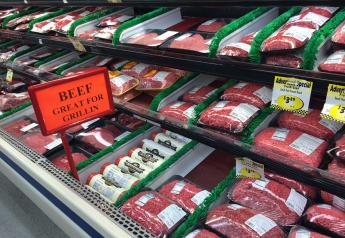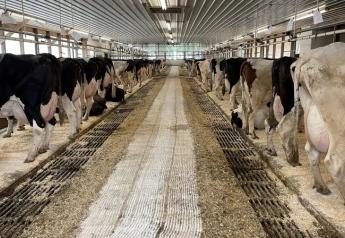Insurance Premiums Up 40% Or Higher For Ag Co-ops
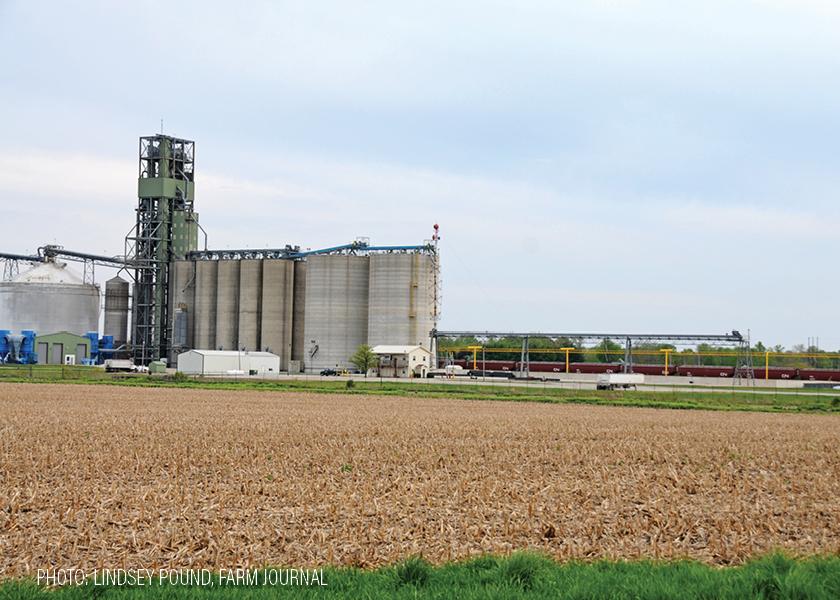
In a report authored by Ken Zuckerberg lead farm supply and biofuels economist for CoBank, insurance premiums are on the rise for agricultural co-ops, and at least one company has exited the space.
The cause of the changes is being attributed to three years of more frequent, more costly floods, tornados, and severe weather events. As quoted in the report, U.S. losses to weather and climate related catastrophes totaled $170 billion in 2022; $155 billion in 2021 and $114 billion in 2020. Last year’s total is almost triple the long-term average dating to 1980.
“Thankfully, the property-casualty insurance industry has been adequately capitalized and able to respond to the needs of customers filing claims, namely domestic agriculture cooperatives. However, therein lies the problem. Higher losses translate to higher rates—i.e., the premium charged per unit of loss exposure—which is logical to adequately compensate the insurance carrier for the increased risk of more frequent and several losses,” wrote Zuckerberg in The Scoop earlier this spring.
Zuckerberg reports ag cooperatives paid 40% to 60% more (risk-adjusted) during the 2023 renewal season (both January and April). And for customers who experienced property losses 2020 to 2022, their insurance rates increased up to 100%. Property and causality companies are seeking to recoup from the rise in losses as well as higher costs for labor, building supplies and financing.
The trend is likely to continue for the next 12 to 18 months, Zuckerberg writes.
There are now only six major players offering property and casualty insurance for ag coops/retailers:
- Berkley Agribusiness
- Chubb Agribusiness
- Continental Western Group
- Crum & Forster
- Nationwide Agribusiness
- Triangle
Austin Mutual, a previous underwriter in this space has exited the market.
Zuckerberg advises there is no “silver bullet” for ag co-ops to use in light of the rising expense of insurance. He offers two takeaways:
- improve internal loss control and
- purchase property insurance through a hybrid insurance program
Read more in the full report


